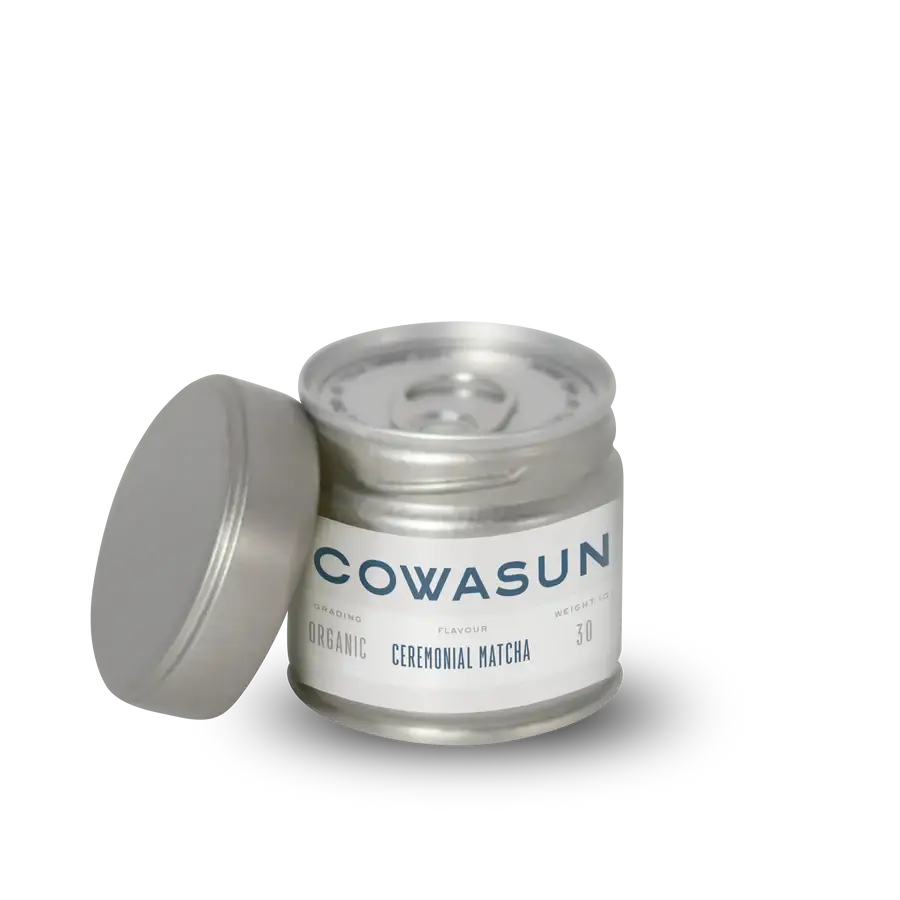No products in the cart.

Our Winter Wellbeing Must-Do’s
Women are twice as likely to experience seasonal depression in Sweden and trust us we know just how hard those dark December days can be. But it doesn’t have to be. Here’s our breakdown on the best tips and tricks to stay on top this season, naturally.
December is well and truly upon us and excitedly that means Christmas is near, the snow is coming and many beloved cosy nights are ahead. Sadly, for many, the winter period can mean the onset of reduced mental health and wellbeing and it’s no wonder with the extensively dark winter days reducing our bodies ability to create Vitamin D3 naturally.
Vitamin D3 has been touted for its significant health benefits in the prevention and treatment of many chronic illnesses and its particular impact on mental and emotional wellbeing. How? Put simply, when exposed to sunlight the skin absorbs UV B radiation which is then converted to previtamin D3 and then Vitamin D3 specifically. Vitamin D3 helps the body to convert the amino acid tryptophan into serotonin aka the feel good hormone so with significantly reduced exposure to the sun our bodies are missing the much required ingredient to support wellbeing and optimity.
On top of lack of Vitamin D3 production caused by reduced exposure to sunlight, the shorter, extensively dark days cause our body to produce more melatonin, aka the sleep hormone, throughout the winter period. So, between reduced serotonin production (energy, mood, focus, libido, appetite) and increased melatonin production (sleepiness, fatigue, inability to focus) it’s no wonder most of us feel a little less like ourselves in the colder months and many of us are prone to winter blues and seasonal depression.
All this being said, the winter blues don’t have to be your reality, if you set yourself up for success that is. Like many seasons of life the winter period is simply a time where many of us need to be more mindful and proactive in our wellbeing routine to sustain a balanced state of mental and emotional wellbeing. There are so many simple, proven, natural practices and remedies you can do to keep yourself feeling more like you.
Green Little Heart’s Top 5 Winter Wellbeing Must-Do’s
Vitamin D3 Supplementation
Vitamin D3 is an essential nutrient supporting mental health and wellbeing, among other things. Studies have shown low Vitamin D3 levels are correlated with depression and that Vitamin D3 supplementation may help prevent, alleviate and/or eradicate depressive symptoms such as feelings of sadness, irritability, weepiness, anxiousness and low energy.
Daily Movement
Exercise and movement has been scientifically proven to help support mental and emotional wellbeing. Everything from running, paddle, swimming, walking, pilates and yoga have been recommended for their endorphin promoting abilities and instantaneous mood boosting abilities.
Practice Mindfulness
Meditation, gratitude, journaling and mindfulness as a general day-to-day practice has become an integral part of this generation’s day. Why? Because mindfulness has been proven anecdotally for years and is now scientifically proven to be one of the most powerful tools supporting mental and emotional regulation and wellbeing. Its most noticeable benefits include increased feelings of happiness, contentment, calm and reduced undesirable emotional reactivity.
Eat Nutritious Food
Diet is one of the most, if not the most influential contributors to emotional and mental wellbeing. The food you eat provides your mind and body the essential nutrients it needs to thrive day-to-day and the lack of certain nutrients can contribute to a lower state of general wellbeing as a whole. Certain nutrients scientifically proven to support mental and emotional wellbeing include Vitamin D3, Iron, Calcium, Zinc and Magnesium, among others. Many of these can be found in the food on your plate, from your leafy greens, avocado, raw cacao, nuts and legumes. A varied plate of nutrient dense, whole plant foods with a conscious reduction of known inflammatory foods such as glutens, dairy and meat specifically can do wonders for emotional regulation and mental wellbeing.
Keep An Active Social Calendar
As much as a cosy night in can be just what the doctor ordered with the increased working from home environment and more isolated lifestyles of today’s world it’s important to maintain an active social calendar to increase feelings of connectedness and community. A lack of social connection has been scientifically shown to influence feelings of sadness and depression so keep your schedule active, plan dinner and brunches with family or friends, or blend your cosy night in with a Swedish soirèe filled with loved ones and connection.
























